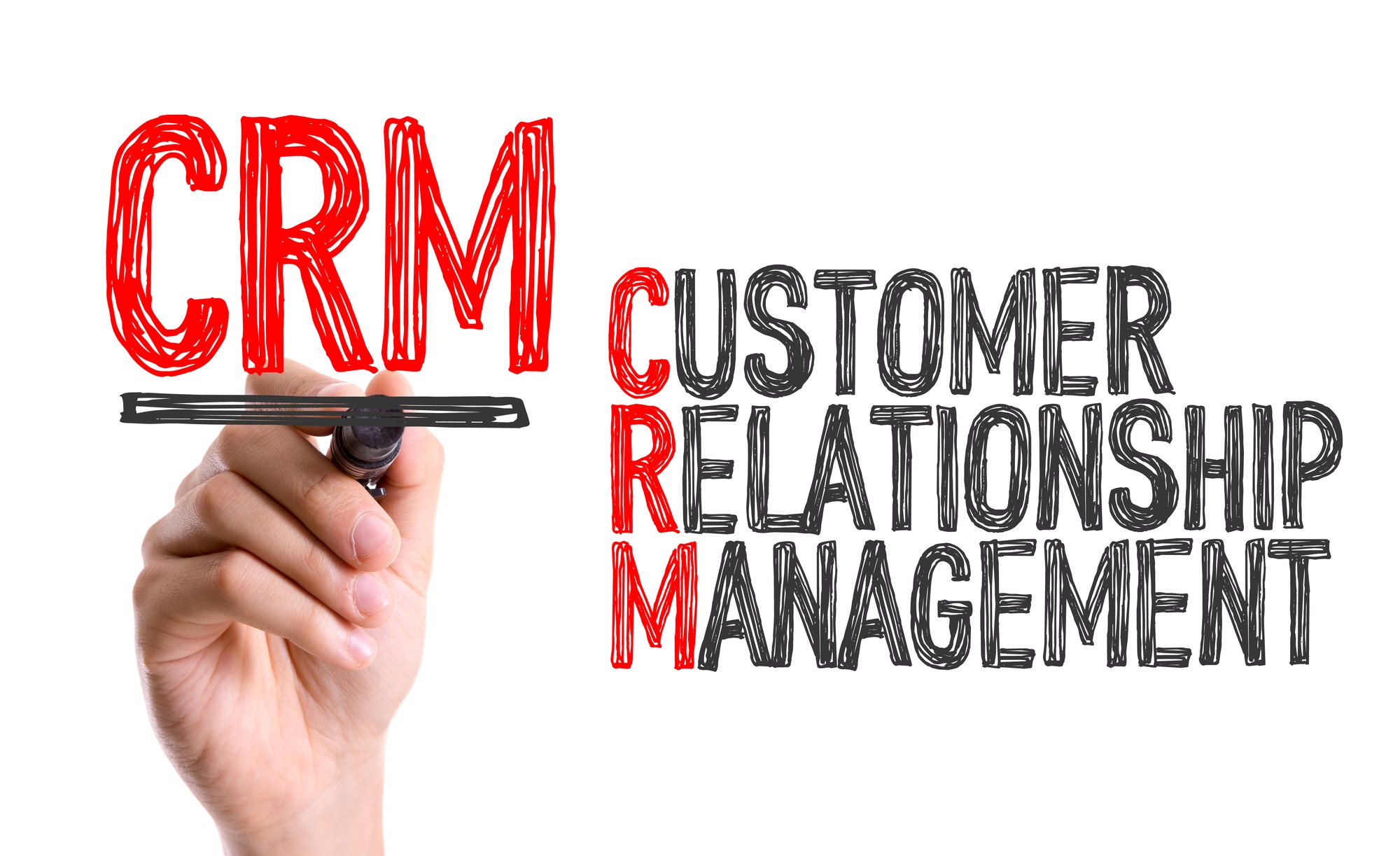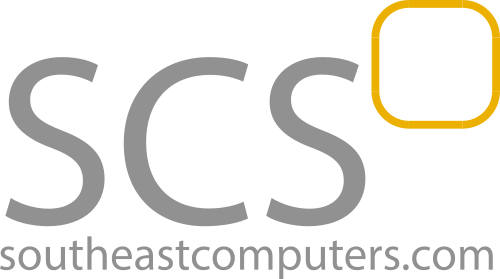1. Will the solution meet your most important needs today and will it be able to adapt to where you plan to be in three years?
Many CRM products are specialized solutions. They are designed to do one thing very well. Some were designed to work best when fully integrated to a website. Some are best in supporting telephone sales and call centers. Others may be best at tracking customer service requests. Most software vendors, over time, add-on other features to meet customer demands or to gain market share. Sometimes those additional features are designed and integrated well, sometimes they aren’t. Be sure to understand where the product originally was designed for and how the vendor has extended (and will continue to extend) the feature set.
2. Is this a fully integrated solution (or can it be)?
Can it talk to other solutions you use to manage your business? A downside to specialized stand-alone systems is that they become a silo of information that doesn’t share well with other products your organization uses. You may also have to purchase additional software or services to make the system work with other critical applications. Be sure to ask if the product(s) you are interested in will integrate easily and in a standard fashion with the other software your organization uses.
3. Who is the system efficient for?
Was the system designed for the manager or the day-to-day user? It may help keep management informed, but at the same time, may impact the speed of your work and workflows. Take the time to understand the impact on both the users and the managers in the day-to-day processes. If the system will make someone’s job significantly more difficult or slower, you will have a difficult time driving user adoption of the system
4. How will the CRM system keep your staff informed about the things they need to know about or take action on?
A great system should feature visual cues about actions that are needed to be taken and ideally allow you manage your day by exception – meaning you get alerts when thing are not going as planned. For your sales team, it should be helping them plan and prioritize their day and activities.
5. How easy will it be to learn the system and find the information you need?
When you review the CRM system, is the user interface and navigation consistent and easy to understand? How quickly can you “drill down” to the detail you want to see and how quickly can you create ad-hoc reports for those one-off requests or queries
6. Will it pull our website and internal systems together?
If you get a lot of inquiries from your website, be sure to evaluate how that integration would work. You don’t want to have to be exporting data from your website and then importing it to a CRM system.
7. Ask yourself and your staff if the new CRM system will make your organizationally smarter.
Will it allow you to capture and share information easily that will make your company smarter with regards to your prospects and your sales cycle? Will it help your marketing team do a better job? Can it help you better service your current customers and help you anticipate their needs.
Southeast Computer Solutions can help you answer these questions as well as choose and implement a system that's right for you. Contact us today for more information.
About Southeast Computer Solutions
Southeast Computer Solutions is based in Miami, Florida, and has additional operations in Mexico. For over 30 years, we have positively impacted the success of small and mid-sized businesses with effective business management implementations that improve our clients’ operations. We listen, we are accessible, and we care. Learn more by visiting our website or calling 305-556-4697.







